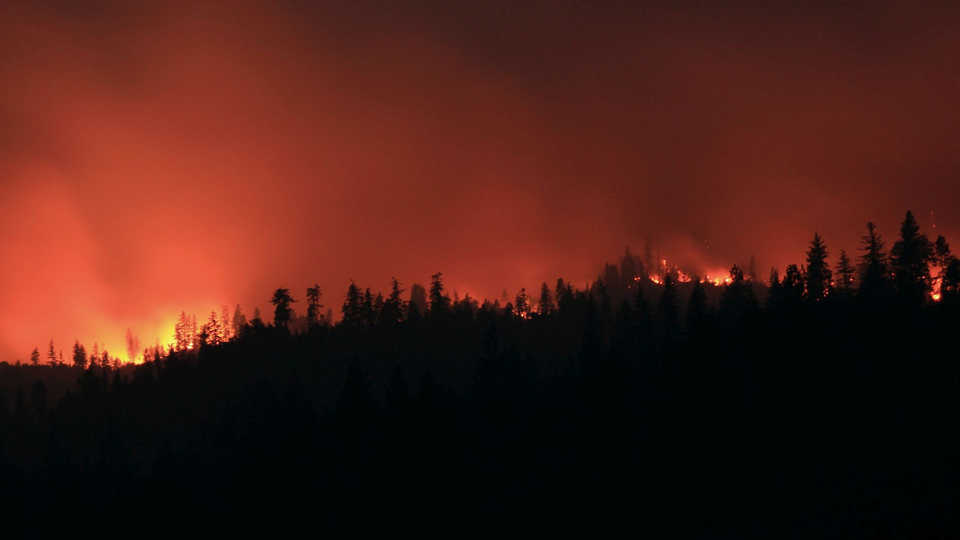Science News
Growing Wildfires

While the current Rocky Fire rages, destroying land and buildings, here in California, we’re all too familiar with the dangers of fire season. Smokey has taught us to clear vegetation from our properties, to be careful with campfires, and not to burn trash. Fire can play a natural role in a forest’s life cycle when caused by lightning—or act as a destructive force for both plants and wildlife when accidentally started by humans.
In Nature, W. Matt Jolly of the U.S. Forest Service Rocky Mountain Research Station Fire Sciences Laboratory notes that the fire season is getting longer. We’ve seen a global temperature increase of 0.2°C per decade for the last three decades, he says, and this is not only making fire season over 18% longer, but the land area experiencing long fire seasons have increased by over 108% as well.
Jolly’s study covered a period from 1979 to 2013 in order to determine a comprehensive measurement system for global fire seasons, pulling from multiple data sources including those on climate change, drought, weather patterns, and changes in vegetation coverage. Climate change is having extreme effects on wildfire season globally, as the number of areas susceptible to long fire seasons have doubled in the last few decades.
It’s not just in the United States, either, where domestic wildfire-fighting costs have exceeded $1.7 billion annually. The Canadian government spends similar amounts to combat this increase in affected area, and Australia spends over 1% of their gross domestic product (almost $10 billion in 2005 alone). The authors saw similar patterns all over the planet: from Northern Europe to the Mediterranean, to Africa and Indonesia.
Close to home we take these issues very seriously. The New York Times recently covered the fire crews in California, describing the battles they face after years of drought across the state. As climate change progresses, we can expect fire season to increase across the globe.
Image: Fork Complex Fire July 2015, Gary Robertson/Flickr